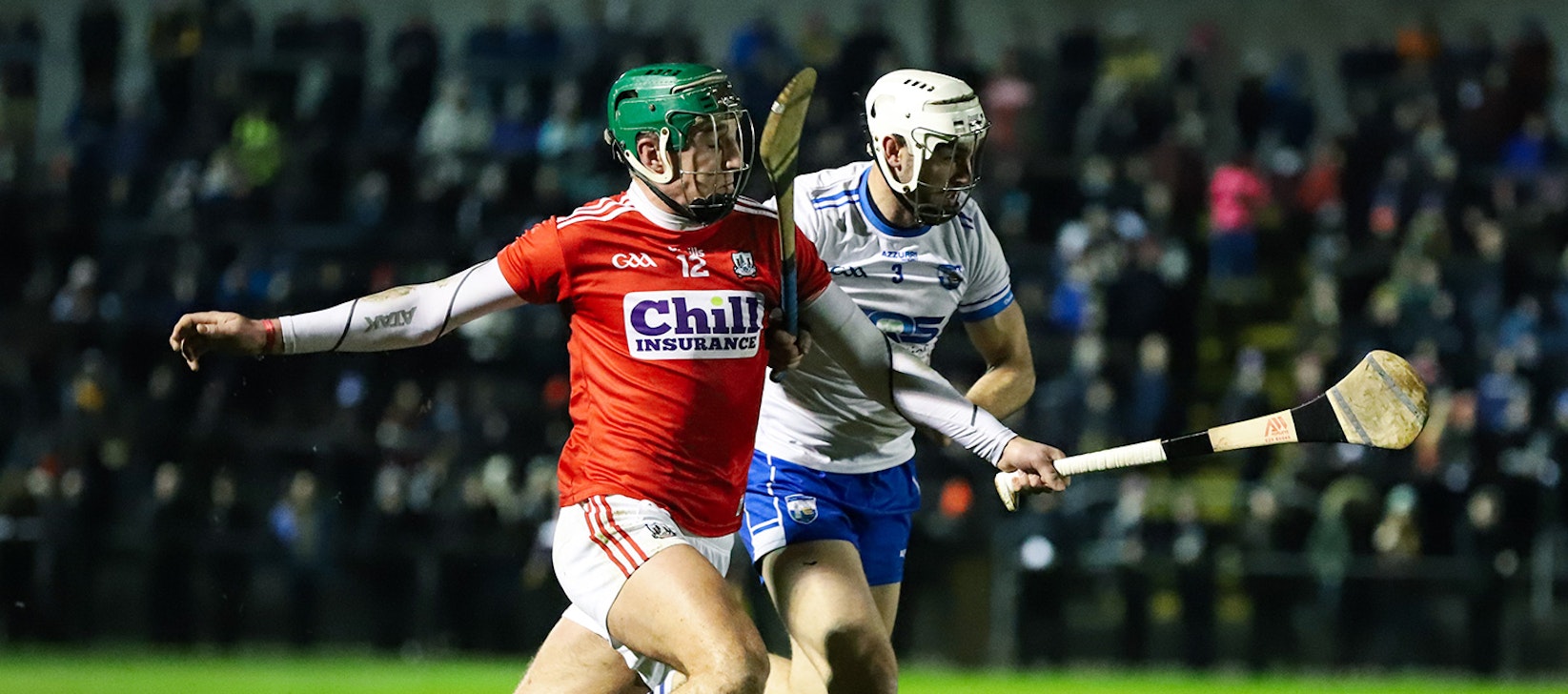Like many influences on the state today, concepts that emerge in North America and spread to the United Kingdom, often find a home on these shores. Sports economics is no different.
The study of the economics of sport is very much in its infancy in Ireland however, as a research area it is probably older than most people think. The first study concerning the economics of sport can be traced to 1956 when Simon Rottenberg examined the labour market for baseball. It took almost 15 years for the topic to appear in England, but in 1969 Peter Sloane examined the labour market for professional football. In both cases labour market issues were the motivation for such research.
Considering labour market issues in an Irish context is almost impossible. Most sport played on this island is amateur. Whether for reasons of sporting identity, or simply because the demand for such labour does not exist, those paid to play sport in Ireland are an exceedingly small group of people.

A closer look at how sport is played here reveals just how few people earn a living from professional sport. In total, it is about 0.7% of the sporting population. Almost 85% of sports in Ireland is played/engaged with in an informal or non-competitive manner. This is every form of activity you can imagine, from cycling to swimming, to causal games of 5-a-side, as well as athletics or simply keeping fit. The remaining 15% of sporting activity happens in a competitive and professional setting. Yet again, the Irish case is somewhat different.
The Central Statics Office’s most recent “Sports” module in the Household Budget Survey confirms that the labour market for professional sports persons in Ireland is dominated by domestic rugby. For every 20 players of the sport today, 1 is earning a living from their efforts. About 1 in 50 athletes that compete individually, in sports such as boxing or rowing are professional. Our remaining professional athletes are found playing domestic soccer, and in individual pursuits such as aerobics and dance.
Our geographic proximity and historical links to the United Kingdom, in particular England, mean that Ireland is very much an exporter when it comes to sporting talent. This does not mean there is no place for sports economics in Ireland. Quite the opposite in fact. The subject has grown rapidly in recent times, well beyond the scope of labour market issues, and encompasses many different sporting scenarios like competition-design, competitive balance, rule changes and public choice.

Undoubtedly, the past number of decades has witnessed a rapid rise in revenues that can be generated from sport. The most successful sports have done this through three main avenues; increasing match-day income, increasing sponsorship revenues and, most importantly, vastly improved broadcasting arrangements. These three are again, less obvious in the Irish sporting context.
Importantly, sports economics is much more than just the commercial side of sport. While economics has a part to play in this evolution, one can find many instances where the economics of sport and the business of sport are conflated. There are certainly not the same.
The impact of sports economics is more readily found in the limitations of our sports. Frequent change in both competition structure and the rules of our native sports is a good example of this. The All Ireland series, traditionally knock-out competitions, have changed over the past twenty years, and are now a combination of semi-knockout competition and round-robin leagues. The result has been more games and more television broadcasts.
The financial impact of this is sizeable, particularly for governing bodies and those located in the vicinity of sporting stadia. Of course, it would be incorrect to label this as some sort of economic windfall. Much of our consumption of sport domestically is substitution from one good to another. Income effects are felt from international sports tourism. Attracting this remains a challenge for many sports here.
But again, the study of sports economics is much more. It can explain why we fund sport and how it is funded. It questions how we structure our games, and importantly, what happens when we change the rules. It attempts to explain far more than headline figures of income and profit.
This is quite apt. Sport after all, is much more than money. It is about decision-making both on and off the field of play. Economics is the examination of decision making. They are a natural fit.





